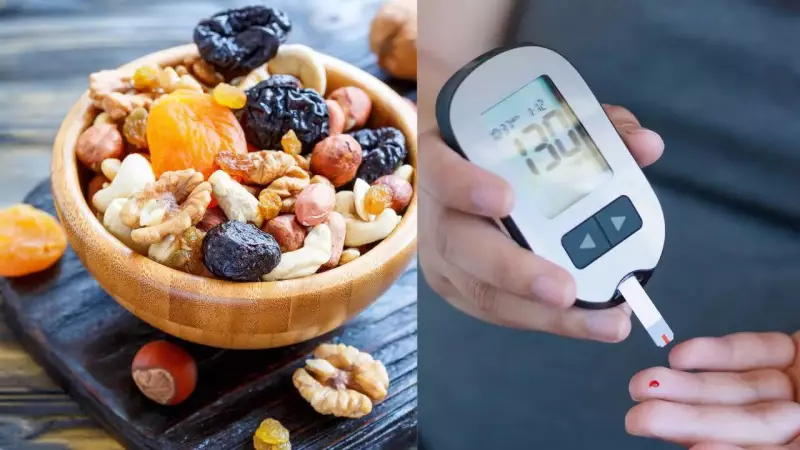
Living with diabetes requires constant vigilance about food choices, and dry fruits - often touted as healthy snacks - can be particularly tricky. While they're packed with nutrients, some varieties contain concentrated sugars that can wreak havoc on blood glucose levels.
The Hidden Dangers in Your Snack Jar
Many people with diabetes unknowingly consume dry fruits that cause rapid blood sugar spikes. The dehydration process concentrates natural sugars, making some dried fruits equivalent to candy in terms of their glycemic impact.
7 Dry Fruits to Limit or Avoid
- Dates - These sweet treats are nature's candy with an extremely high glycemic index that can cause immediate blood sugar spikes.
- Raisins - While grapes are relatively safe, their dried version contains concentrated sugars that absorb quickly into the bloodstream.
- Dried Figs - Their high sugar content and sticky texture make them a poor choice for blood sugar management.
- Dried Mango - Often contains added sugars and has a high natural sugar concentration that diabetics should avoid.
- Sweetened Cranberries - Most commercial dried cranberries are loaded with added sugar, making them doubly dangerous.
- Candied Dry Fruits - Any dry fruit with sugar coating or honey glaze becomes a diabetes nightmare.
- Dried Pineapple - Naturally high in sugar and often processed with additional sweeteners.
Why These Dry Fruits Are Problematic
The primary issue with these dry fruits lies in their glycemic load. The dehydration process removes water content while leaving sugars intact, creating a concentrated sugar source that the body absorbs rapidly. This can lead to sudden blood glucose spikes that are difficult to manage.
Healthier Alternatives for Diabetics
Fortunately, not all dry fruits are off-limits. Almonds, walnuts, and pistachios make excellent alternatives as they're low in carbohydrates and high in healthy fats and fiber. When consuming dry fruits, portion control is crucial - even with safer options.
Expert Recommendations
Nutritionists suggest that people with diabetes should always check portion sizes and monitor blood sugar levels after consuming any dry fruits. Soaking dry fruits overnight can help reduce their sugar concentration slightly, but the safest approach remains choosing low-glycemic alternatives and maintaining strict portion control.
Remember, managing diabetes doesn't mean complete deprivation but making informed choices about what, when, and how much you eat. Consult your healthcare provider for personalized dietary advice tailored to your specific health needs.





